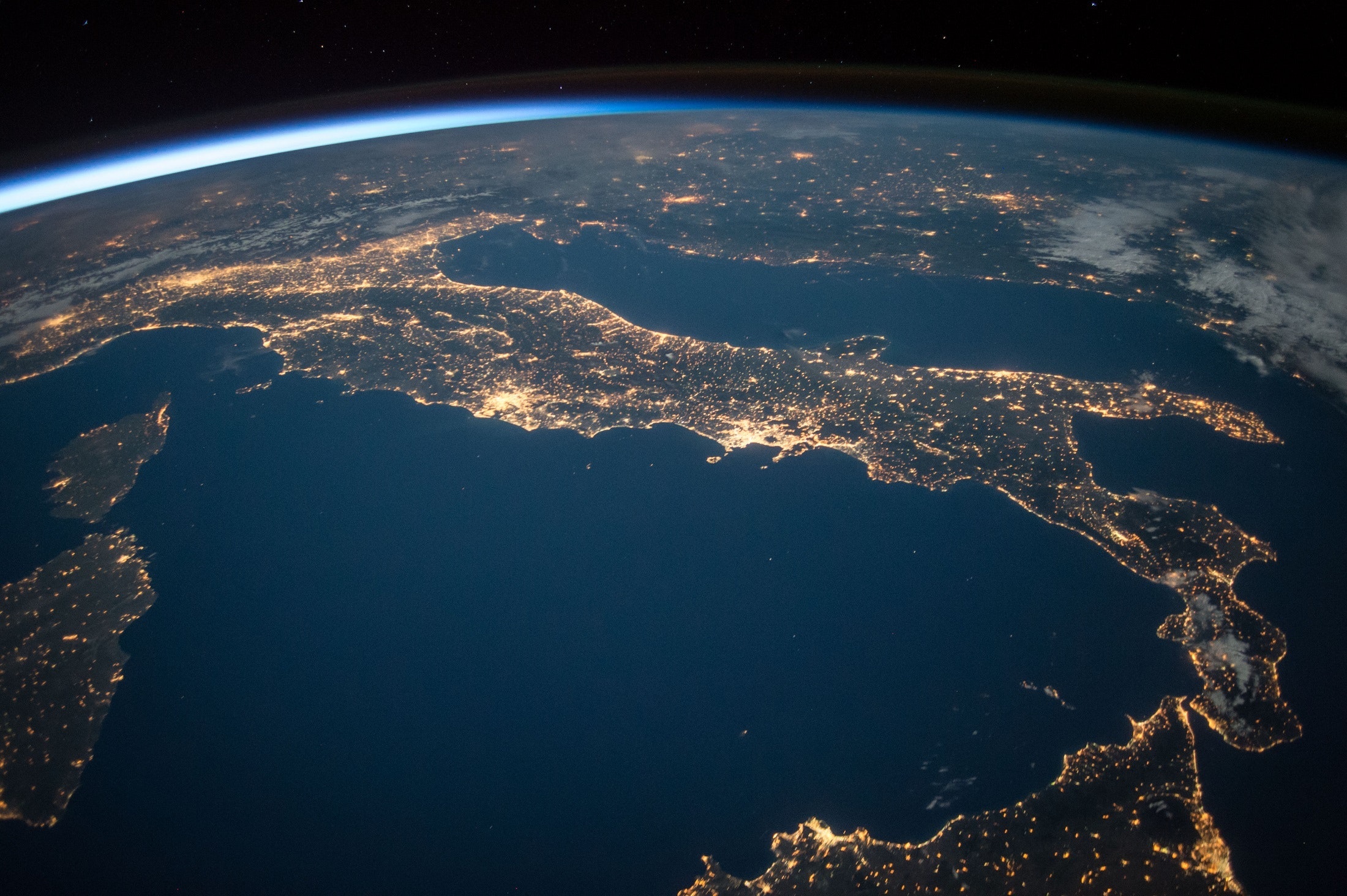Today (29 July) marks the day on which earth’s natural resources budget for the entire year is used up as consumption continues to accelerate faster than the planet’s ecosystems can regenerate.
This year’s ‘Earth Overshoot Day’, which is calculated by US sustainability organisation Global Footprint Network, is the earliest ever, having moved two months up the calendar in the past 20 years.
It is worked out through balancing a population’s Ecological Footprint with that region’s biocapacity. The Ecological Footprint tracks the use of cropland, grazing land, fishing grounds, built-up land, forest area, and carbon demand on land, while biocapacity represents the potential productivity of these ecological assets.
Alongside its calculations to mark how fast earth’s resources are being used up, the Global Footprint Network also runs a campaign called #MoveTheDate, which promotes steps to help societies return to sustainable consumption.

Currently, carbon emissions from burning fossil fuel make up the majority of humanity’s Ecological Footprint, according to the Global Footprint Network. Cutting these emissions by 50 per cent would move the date back by 93 days, the organisation said, while using renewable energy in building and industry infrastructure could move it back 21 days.
Overshooting is possible by depleting natural capital, which compromises future resource security. The costs of this global ecological overspending are evident in the form of deforestation, soil erosion, biodiversity loss, or the buildup of carbon dioxide in the atmosphere, leading to climate breakdown.
“We have only got one earth – this is the ultimately defining context for human existence. We can’t use 1.75 without destructive consequences,” said Mathis Wackernagel, co-inventor of Ecological Footprint and founder of Global Footprint Network.
Moving the date of Earth Overshoot Day back five days each year would allow humanity to reach one-planet compatibility before 2050, with opportunities to rationalise consumption in five key areas: cities, energy, food, population and planet.













0 Comments